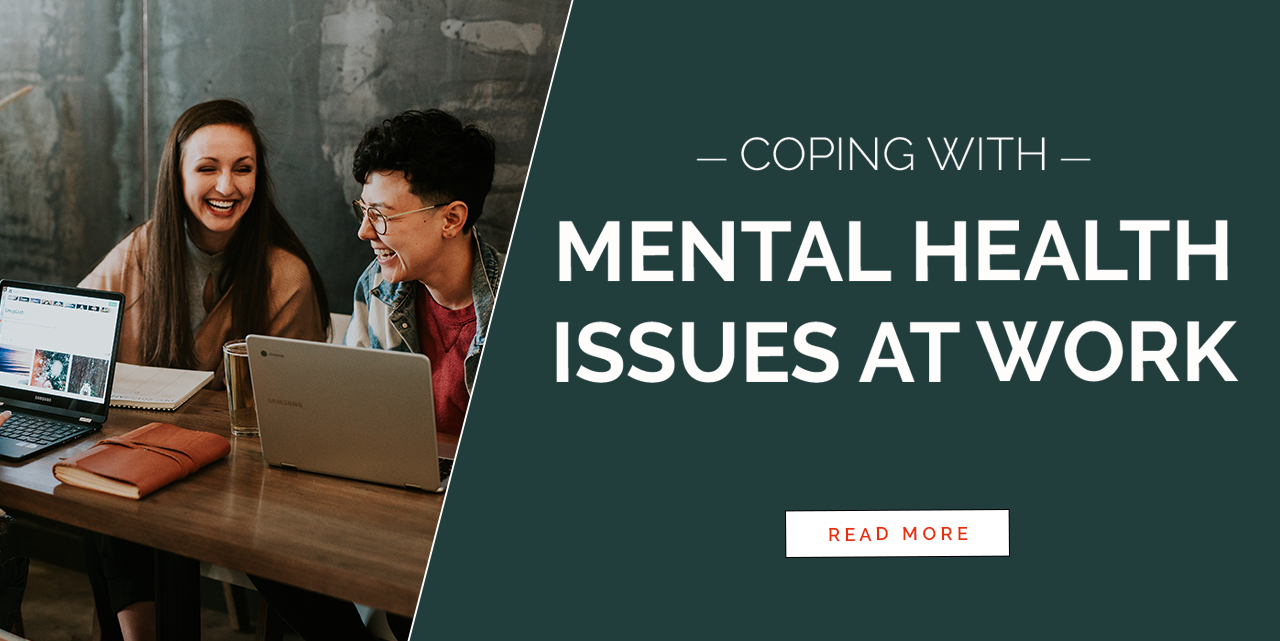As a career coach and social worker, I’ve spent the past decade working with clients across all sectors and professional levels to create a work-life that promotes financial, social and emotional well-being. Especially in highly competitive sectors like consulting and technology, it can be extra challenging to advocate for personal boundaries and extra support to sustain a healthy mindset. For those who have struggled with mental health vulnerabilities, learning to identify the early stages can be crucial to keeping oneself positive and productive. Here are some of the most common and beneficial strategies that I share with clients to maintain a healthy mindset at work.
Advocate for Yourself
Perhaps the most distinguishing trait of my clients with mental illnesses who have been able to succeed at work – versus those who haven’t – is the presence of a non-judgmental, accommodating supervisor. While all of us bring our own unique strengths, abilities and quirks to work, it can be hard for those with mental health issues to vocalize psychological challenges – and needs – to our bosses. Workplaces that are supportive and flexible do exist, and sometimes it’s a matter of taking a brave step to feel out how understanding an employer is before opting to disclose. Ultimately, the key question is identifying what you personally need in order to keep yourself well – be it a part-time, work-from-home scenario, flexible hours or a reduced workload for a set period of time.
Trust Yourself
Too often, those with backgrounds of mental health issues tend to second guess their own responses and reactions to stress at work. Instead of staying attuned to what feels personally manageable, they double down on the pressure they put on themselves – often neglecting self-care activities to try to keep up. This may be a fine short-term solution, but for those with mental health vulnerabilities, it’s critical to cap the amount of time spent in an emotionally-taxing environment. As shared in the Moth podcast by neurobiologist Dr. Lone Frank, mental illnesses like depression result in an impaired ability to manage stress. Working with a trained therapist is a great way to learn the early signs before things spiral.
Venture Out
Some of my clients have found that trying to thrive in a traditional workplace was an uphill battle that placed too much pressure on them. For those people, flexible scenarios and self-employment have been a great way to maintain a consistent and productive work life on their own terms. By removing the external pressure of an employer, the transition was often a relief from pressure that ended up freeing their energy to channel into creative, productive pursuits.
While self-employment is by no means an easy path, it can be much easier for those with psychological vulnerabilities to manage their own workload on their own terms when the person that they have to answer to is themselves.
For those with past diagnoses of mental illnesses – or those who find themselves currently struggling – it’s critical to learn early warning signs, coping strategies and routines that emphasize self-care. The first step is opening the conversation and accepting where you are, so that you can start to shift towards improved well-being.


